Evolution
-

Vanderbilt researchers’ work on cover of Science
Through a collaboration between US and Kenyan researchers and Turkana communities of northern Kenya, scientists have uncovered key genetic adaptations underlying survival in hot and dry environments, revealing how natural selection has enabled this pastoralist population to thrive in a challenging landscape. This research is featured on the cover of the Sept. 18, 2025 issue of Science. Read MoreOct 9, 2025
-

A Conservative Defense: Downstream NFLs resist evolutionary blitzes
Danial Asgari, a postdoctoral researcher in the Tate Lab, and Ann Tate, associate professor of Biological Sciences, recently published a study in Molecular Biology and Evolution titled “How the Structure of Signaling Regulation Evolves: Insights from an Evolutionary Model.” Their findings show that negative feedback loops (or NFLs) acting closer to a cell’s final decisions, such as turning genes on or off, are especially resistant to evolutionary change. Read MoreJun 12, 2025
-
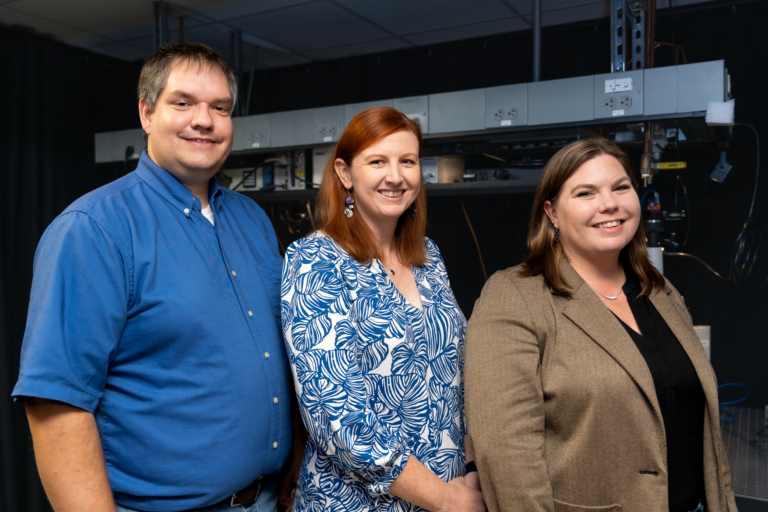
Evolved in the lab, found in nature: Uncovering hidden pH sensing abilities
In a groundbreaking study led by Sarah Worthan, Ph.D., a postdoctoral researcher in the Behringer Lab at Vanderbilt University, scientists have successfully evolved microbial cultures that possess the ability to sense pH changes, enabling rapid responses to environmental fluctuations. Read MoreOct 1, 2024
-
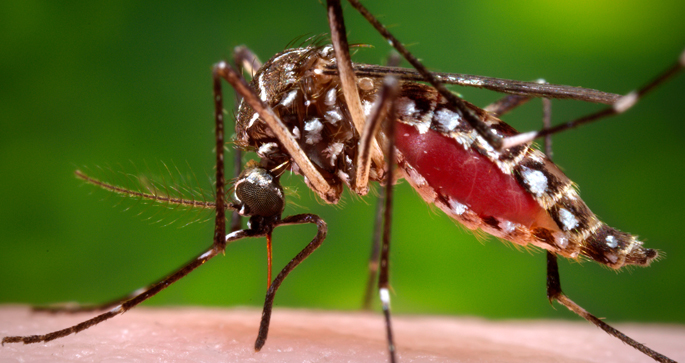
Vanderbilt researchers find warming quickens aging-related mortality in mosquitoes
New research shows that warming and aging act as a one-two punch, lowering mosquito lifespans and fanning the flames of bacterial infections. These findings highlight how climate change could alter the risks of disease spread by mosquitoes. Read MoreSep 26, 2024
-
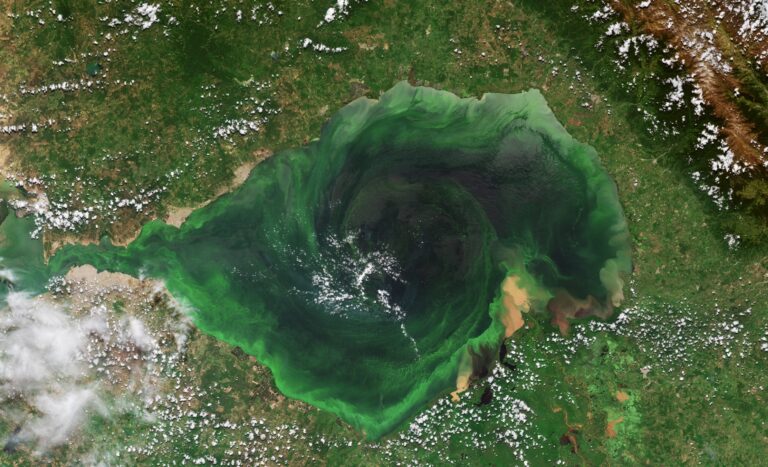
Researchers discover the evolution of seasonal anticipation in cyanobacteria
New research led by recent Vanderbilt Ph.D. alumna Maria Luísa Jabbur from the Johnson Lab and BBSRC Discovery Fellow at the John Innes Centre, in the UK has uncovered that even cyanobacteria—tiny organisms with a generation time of just five to six hours—can sense and respond to changes in light availability, or photoperiod, to gear up for winter. Read MoreSep 12, 2024
-
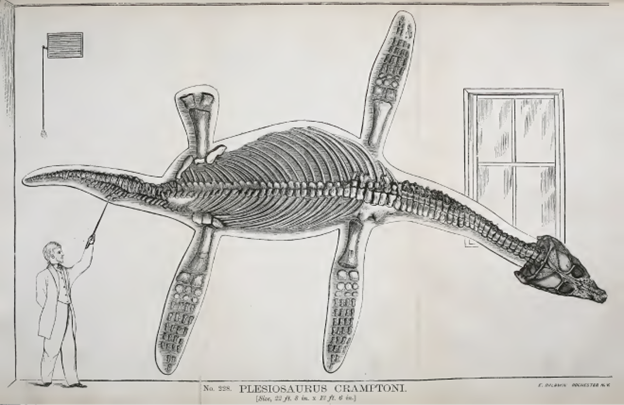
Restoring Vanderbilt’s Natural History Museum: Rediscovering the lost plesiosaur (cast)
Embarking on a new research project often brings unexpected discoveries—some intriguing, some novel, but rarely a find of a lifetime. Such a remarkable discovery occurred when university archivist and associate director Kathy Smith stumbled upon a pile of plaster, hidden away for 60 years in a dim, cluttered closet of the Branscomb Quad basement. This plaster turned out to be the long-lost Crampton’s Plesiosaur Cast from the 1870s, missing for nearly six decades. Read MoreSep 3, 2024
-
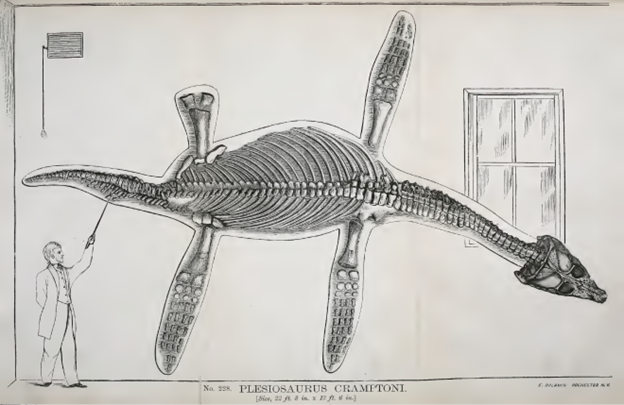
Rediscovering the Lost Plesiosaur (Cast): Restoring Vanderbilt’s Natural History Museum
Research projects investigating the history of evolution at Vanderbilt University led to the rediscovery of a long-lost Crampton’s Plesiosaur Cast from the 1870s. Read MoreAug 29, 2024
-
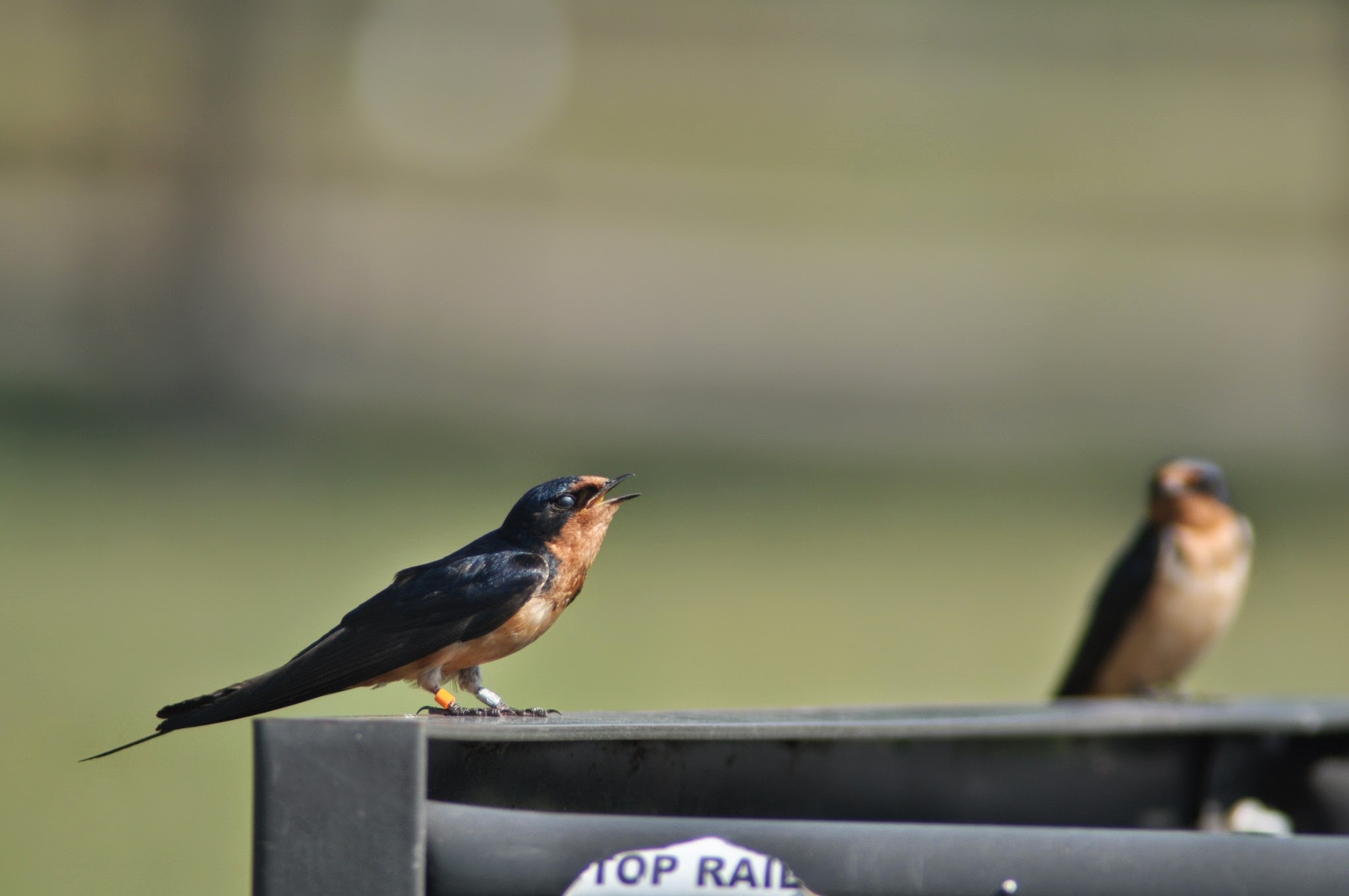
Heard that Bird: Creanza Lab develops free curriculum to teach birdsong identification
The Creanza Lab, along with alumnus Matt Wilkins, BA’06, created a birdsong identification lesson plan for middle and high school students. The game show lets participants identify which birds they can hear in various pop culture media, such as movies, music, or video games. Read MoreJul 2, 2024
-
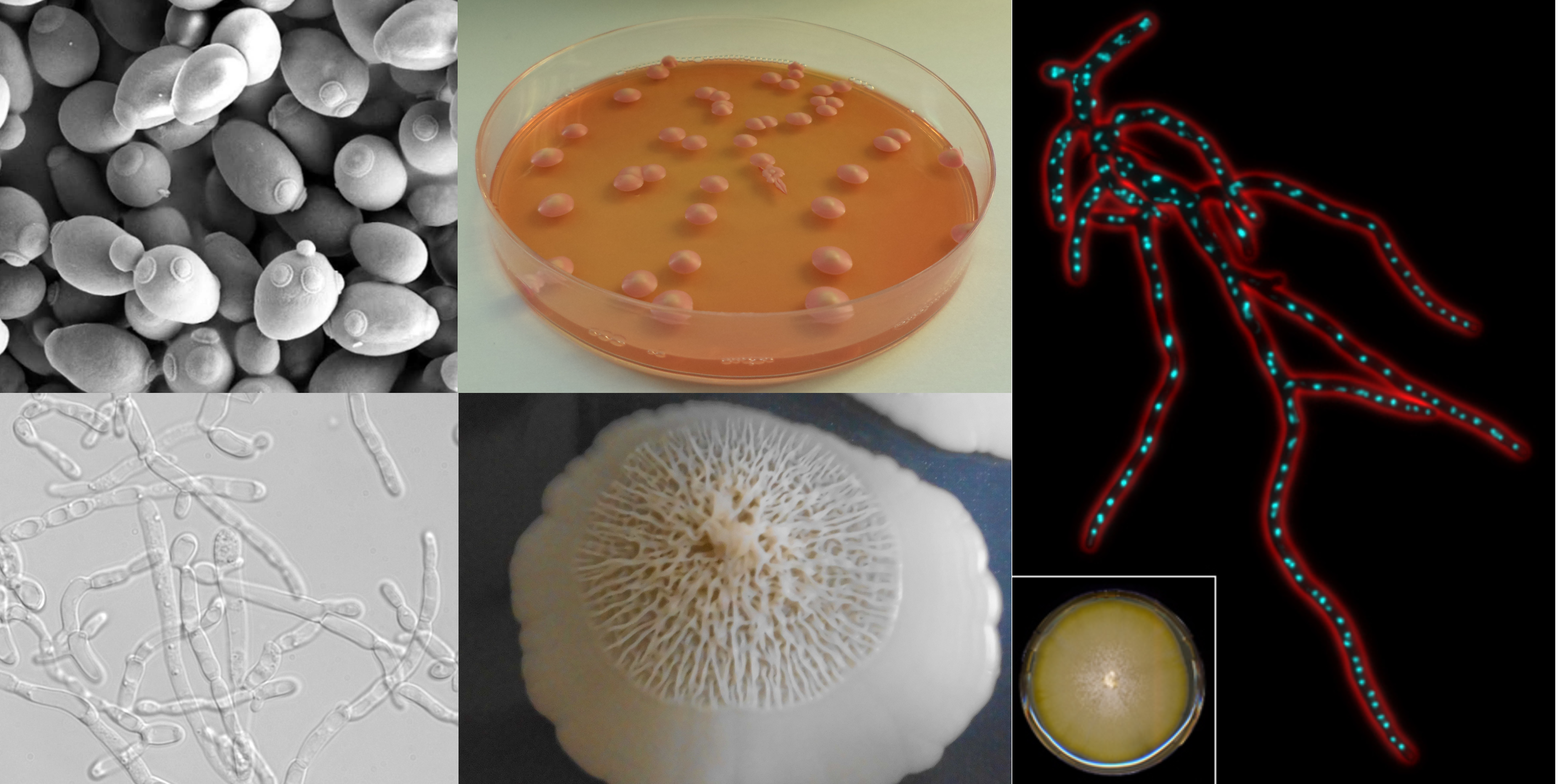
Vanderbilt researchers flip the script on yeast ecological diversity
A mere decade ago, decoding the genome of every organism in a major branch of the tree of life and deciphering their diets was a pipe dream. In a groundbreaking study, a team of researchers from Vanderbilt University, the University of Wisconsin-Madison and other institutions worldwide have done just that for the first time ever. Led by Abigail LaBella, a postdoctoral researcher in the Rokas Lab, an international research team used the genomes and diets of nearly all known species from an ancient lineage of yeasts to understand the evolution of generalists and specialists. Read MoreMay 8, 2024
-
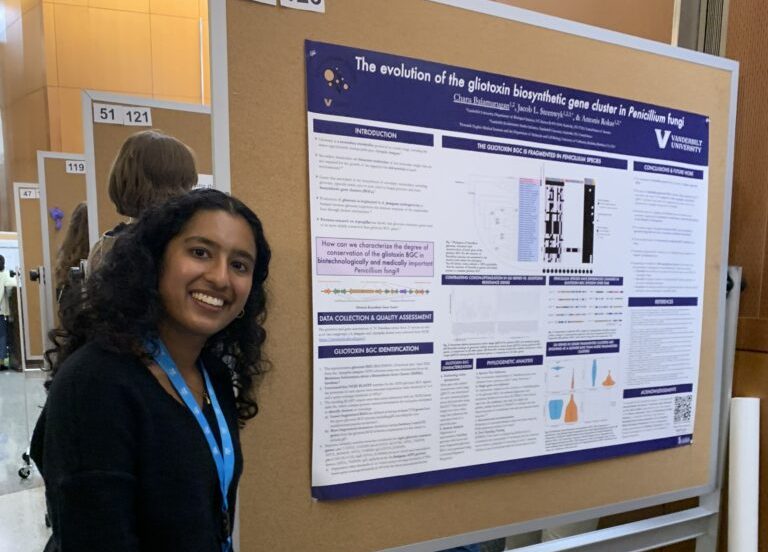
Beckman Scholar Charu Balamurugan unveils evolutionary insights into Penicillium secondary metabolites
Beckman Scholar Charu Balamurugan, an undergraduate researcher in the Rokas lab at Vanderbilt University, has shed light on the intricate evolutionary patterns governing secondary metabolite biosynthesis in fungi. Balamurugan delved deep into the genomes of Penicillium species, uncovering fascinating insights into the conservation and evolution of biosynthetic gene clusters and associated resistance genes. Read MoreApr 4, 2024
-
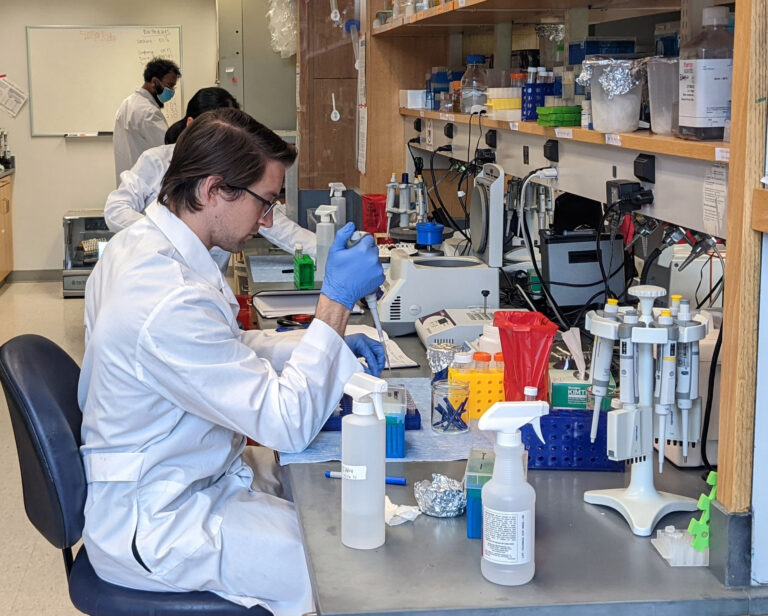
Insect immune insights: Researchers unveil immune system dynamics
Justin Critchlow, a recent Ph.D. student in Ann Tate’s lab, just published a paper with the labmates Arun Prakash, Katherine Zhong, and Tate, uncovering the intricacies of beetle immune dynamics. This paper sheds light on the dynamics of survival, resilience, and the profound complexities inherent in evolutionary adaptations. Read MoreApr 4, 2024
-

Breaking the Mold: Kyle David’s research challenges ecological norms in yeast communities
Kyle David, an NSF postdoctoral fellow in the Rokas lab, and co-authors published a new paper, “Saccharomycotina yeasts defy longstanding macroecological patterns” in the high-impact journal PNAS. This paper, which looks at the ecology of 186 species of yeast, provides evidence that not all life-forms follow the rules. Read MoreMar 7, 2024
-
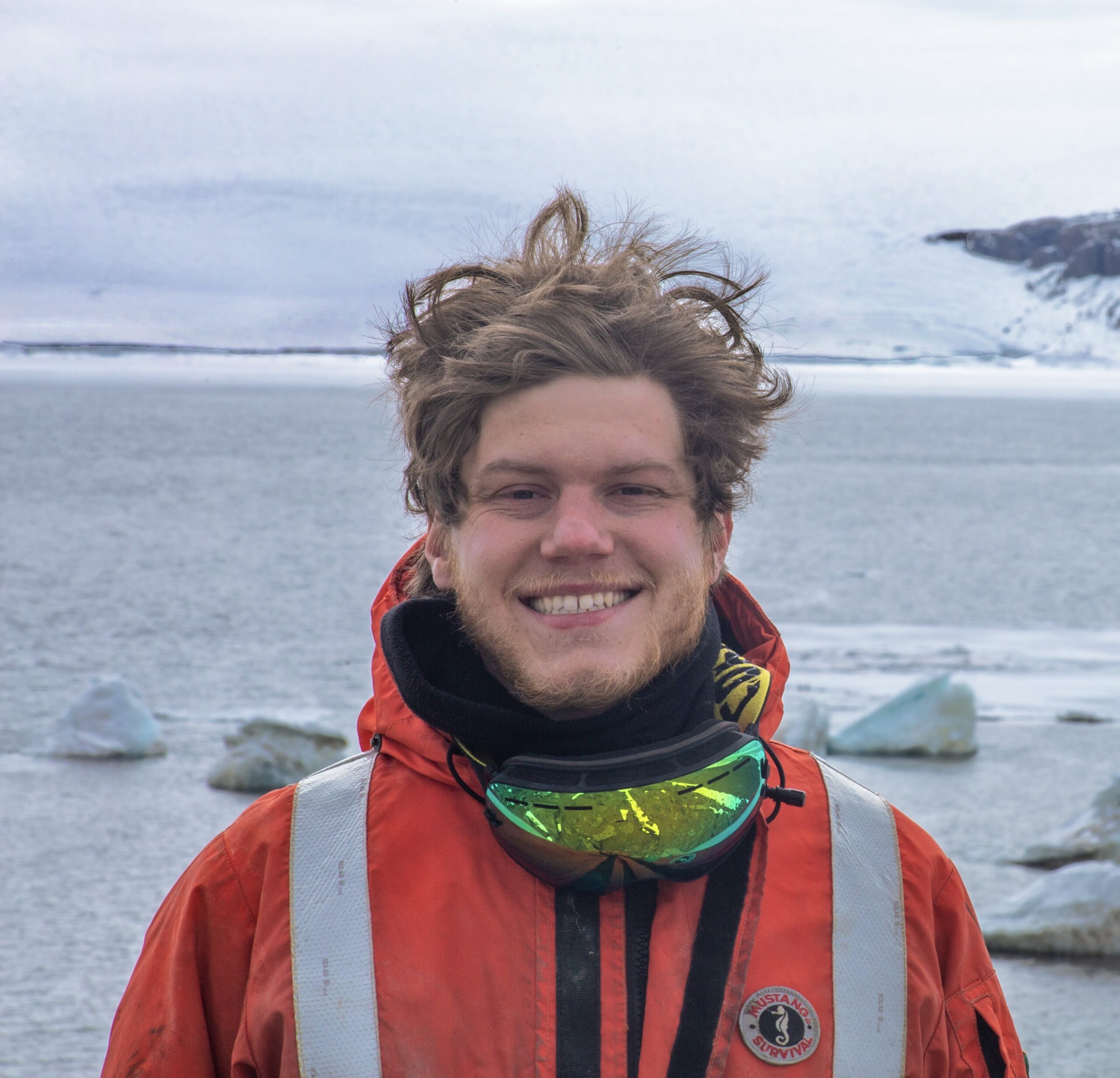
Breaking the mold: postdoctoral fellow’s research challenges ecological norms in yeast communities
Kyle David, an NSF postdoctoral fellow in the Rokas lab, and co-authors published a new paper, 'Saccharomycotina yeasts defy longstanding macroecological patterns' in the high-impact journal PNAS. This paper, which looks at the ecology of 186 species of yeast, provides evidence that not all life-forms follow the rules. Read MoreMar 5, 2024
-
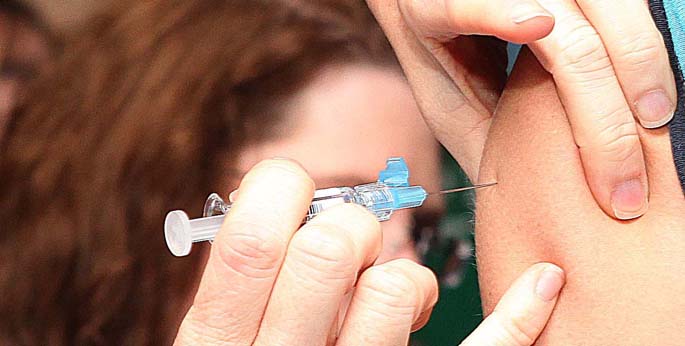
Biological scientists find that external factors impact vaccine belief-behavior predictions
Widespread trust in vaccines often leads to higher vaccination rates, but vaccine shortages can deter even those with confidence in vaccines. Furthermore, while vaccine mandates can create an appearance of universal vaccination, people may remain hesitant, resulting in lower compliance than anticipated. Read MoreOct 5, 2023
-
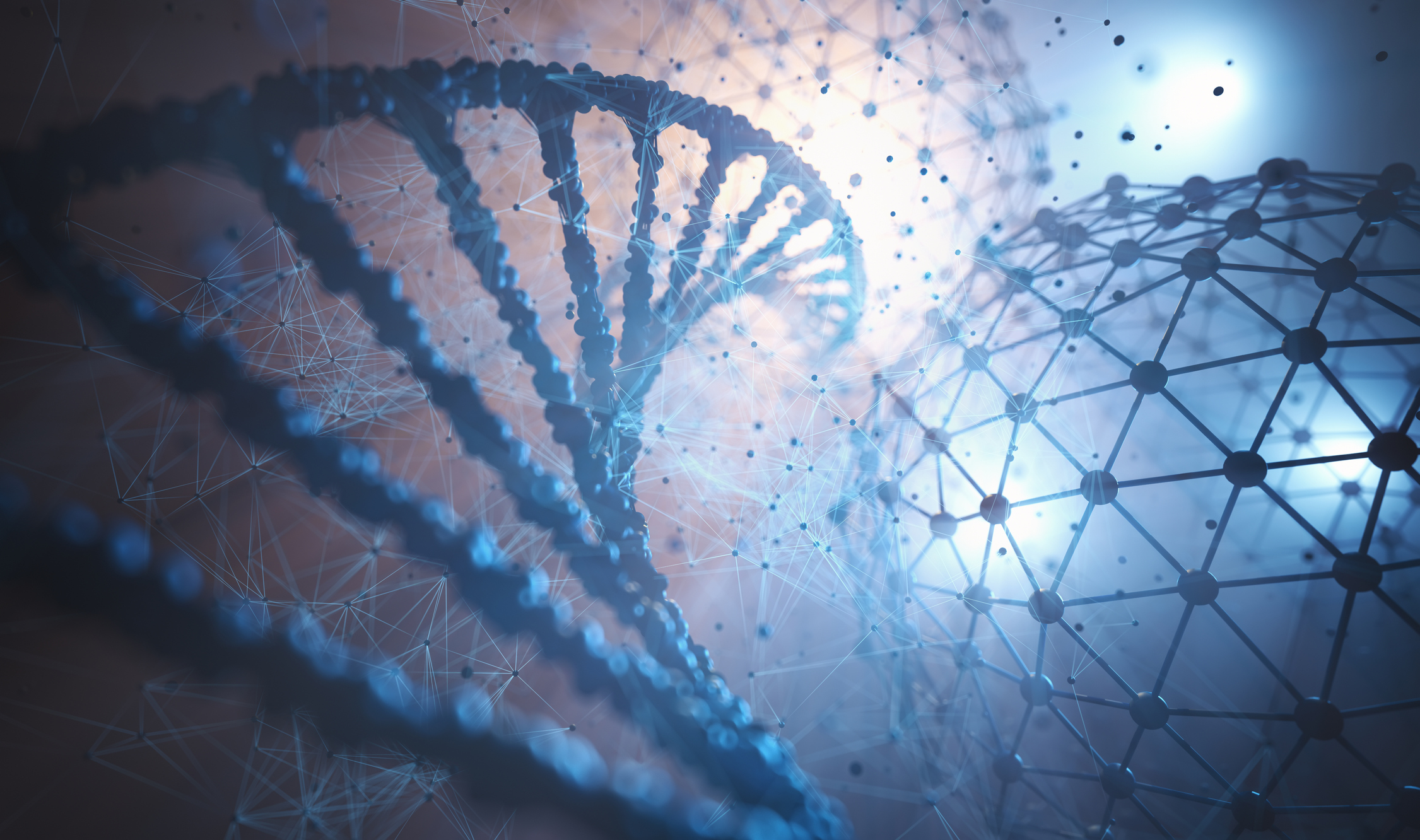
Evolutionary biologists determine that culture shapes genetics within, not just between, populations
Nicole Creanza and Yakov Pichkar explore whether subtle cultural differences within a language mirror genetic structure within a population. The answer: Even small cultural differences like dialect can influence the spread of people and genes. Read MoreJun 29, 2023
-
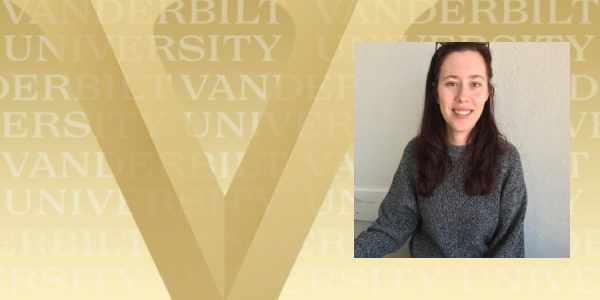
Harrison named Brighter Ventures Student Award recipient
Marie-Claire Harrison, a graduate student in the Department of Biological Sciences, has been named the 2023 recipient of the Brighter Ventures Student Award. The Brighter Ventures Student Award supports Ph.D. students interested in the application of artificial intelligence in the biomedical research field. Read MoreMay 31, 2023
-
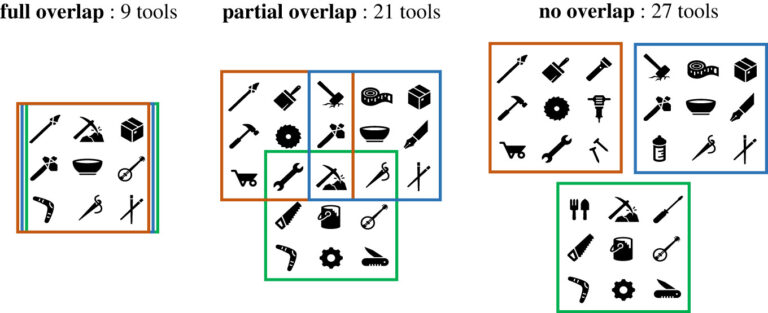
Vanderbilt Biologist investigates specialization and its impact on cultural evolution
The cultural evolution of a population depends not only on size but also on the degree of specialization within a population, according to a new study published last month by a team of scientists including Nicole Creanza. The study found that populations can increase their cultural repertoire by subdividing knowledge into smaller groups, but the total group must be sufficiently large for specialization to be advantageous. Read MoreApr 20, 2023
-
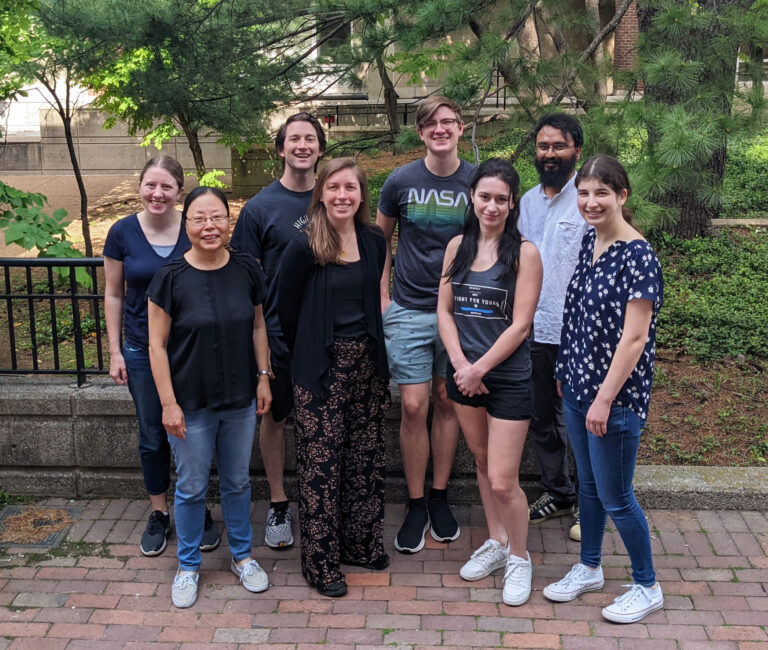
Vanderbilt Team finds Evolutionary Support for Induced Defenses
Graduate student Reese Martin and his doctoral advisor, Ann Tate, assistant professor of biological sciences, used theoretical modeling to identify a potential relationship between genetic pleiotropy and the evolution of immune responses. Read MoreApr 13, 2023
-
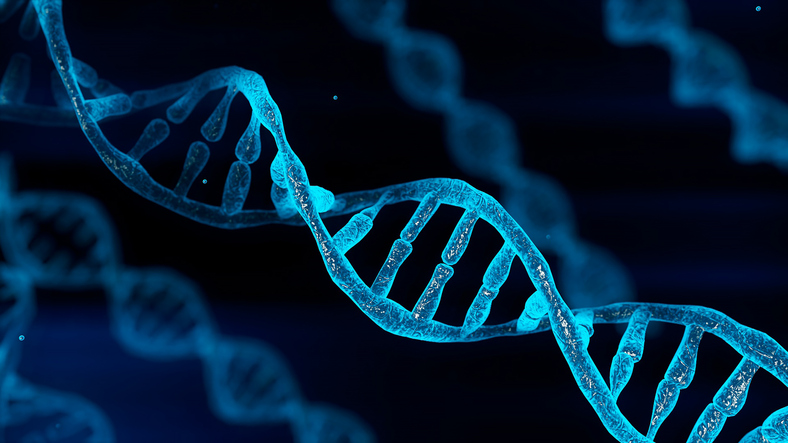
Vanderbilt Researcher Identifies Modes of Natural Selection in Understudied Human Populations
Vanderbilt researcher Amanda Lea, along with a global team of experts, has discovered new pathways of natural selection in humans. Read MoreFeb 16, 2023
-

Literature researchers identify attitudes toward genetics across 100 years of film and television
Science’s influence on pop culture is undeniable, and the reverse is equally important. Research led by Jay Clayton, the first literature professor to ever receive funding from the NIH, shows that films portray genetic science as risky far more often than television shows. Read MoreFeb 28, 2022